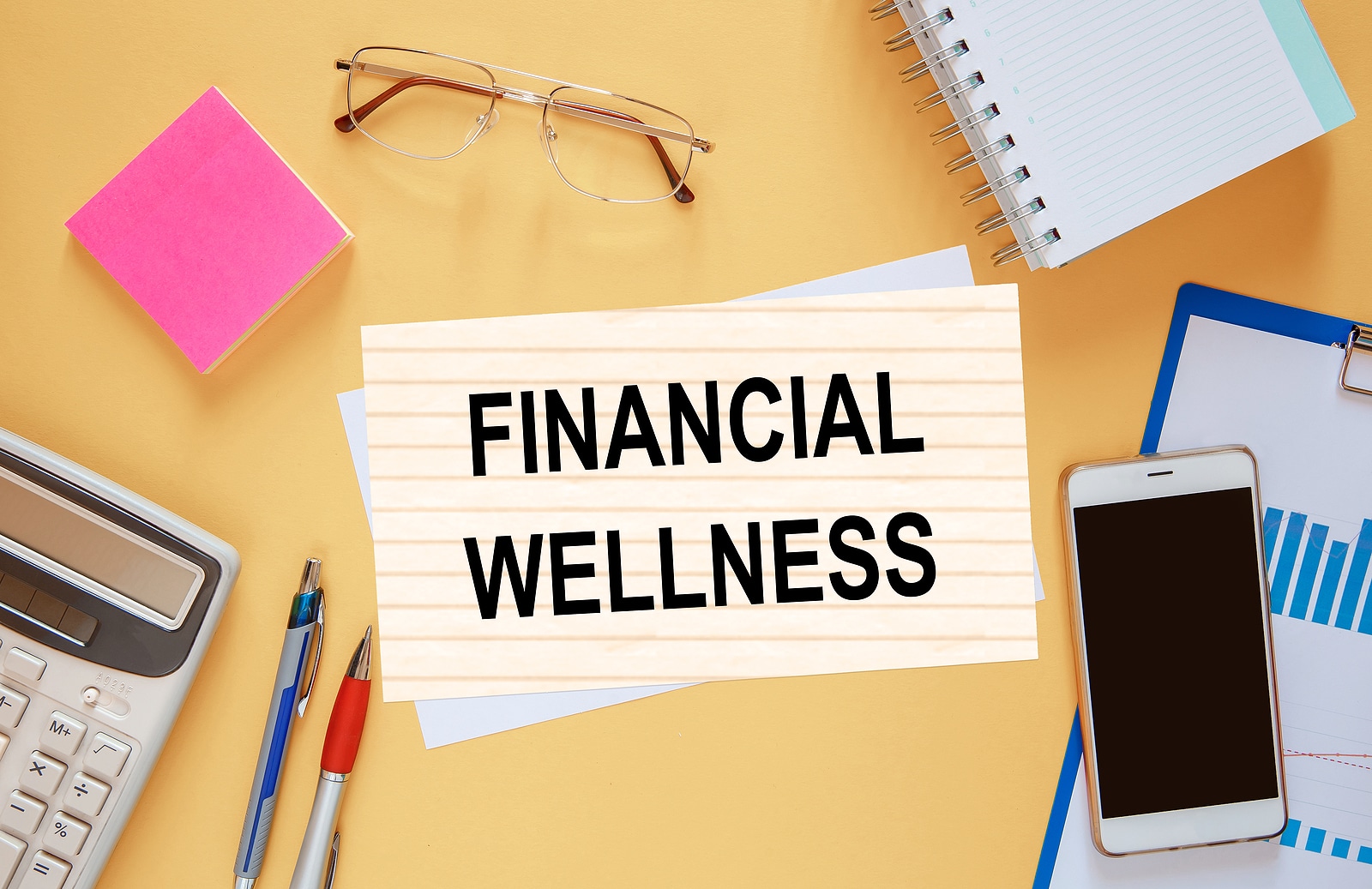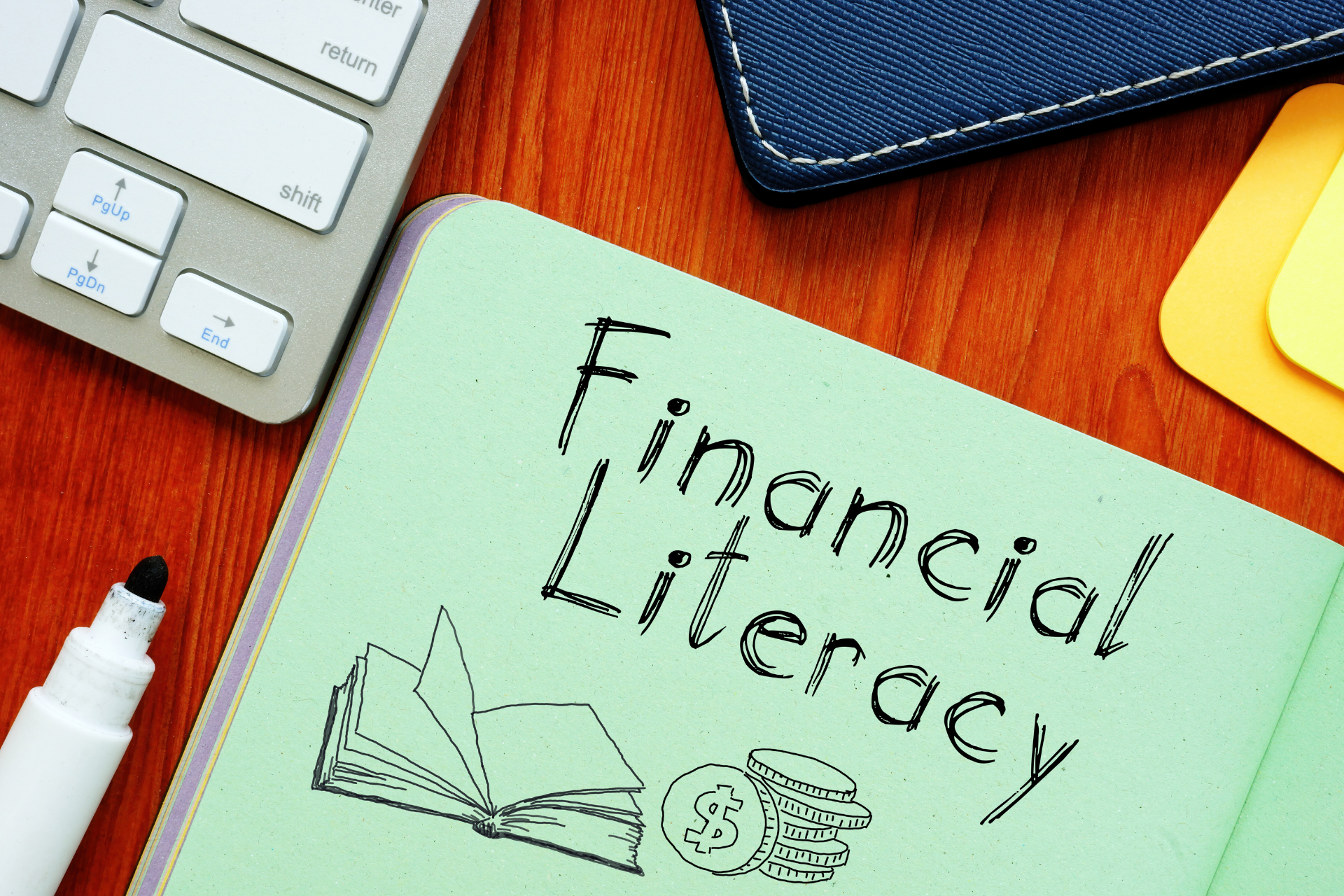Financial wellness is the ability to have a healthy financial life and feel good about your financial situation. Financial wellness doesn’t have just one meaning because it can mean something different to each person. Financial wellness is a broad term that encompasses these key areas:
- Taking control of your money before it controls you.
- Determining how safe your money is.
- Planning what to do with your money.
Financial wellness has become one of the top concerns for many people, especially those unprepared for short-term cash needs. Financial wellness means having financial security and financial freedom to make choices. When it comes to financial health, two people with the same income can have differing financial wellness. There are three things to remember about financial wellness:
- Financial wellness allows you to live the life you’ve earned- literally. When you manage your money well, you can have shelter, food, clothing and participate in the broader economy you have helped create.
- Financial wellness prepares you for future short-term and long-term expenses and emergencies that may arise. Part of being prepared is where you keep your money- is it accessible and safe?
- Budgeting is part of financial wellness. When your money comes in, it pays for specific expenses, and the extra is saved for the future.
- Financial wellness requires planning how you want your money to fund your future goals. A new car, home, and being able to retire on your terms are all possible.
- Financial wellness includes your use of credit and your credit score. When someone is in poor ‘financial health,’ it can reflect in a low credit score.
- Insurance coverage is part of financial wellness, and being prepared for death, an accident, disability, or loss of an asset is critical to maintaining financial security.
Evaluating one’s financial wellness can be difficult for some people. Still, the CFPB financial well-being survey is an excellent place to start to see how you compare to other Americans. The survey website additionally provides resources to help you improve your financial health. When it comes to financial wellness, self-evaluation and education can help you to become financially well. Additionally, working with a financial professional can provide you with accountability and a plan to achieve your goals.
Original ID: 3454724.1





